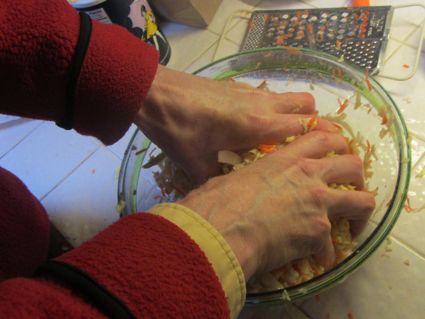How do we make sense out of the recent school shootings?
The Unitarian side of our heritage gives us a strong belief that we can control our own destiny. Instead of assuming that God will bail us out of tough situations, we believe it’s up to us humans to make the world a better place. However, this belief seriously challenged by a senseless act of violence: for although the level of violence has been declining steadily in Western societies over the last few centuries, nevertheless horrific acts of violence still occur. We have less control over life than we’d like to believe.
The Universalist side of our heritage gives us a strong belief in the inherent worth and dignity of every person (that’s what universal salvation was all about, that every human is worthy of be saved). But this belief is seriously challenged by mass murderers. Intellectually, we might be willing to assert that yes, even mass murderers have inherent worth and dignity, but emotionally we can’t help thinking that a mass murderer is not quite human, and neither worthy nor possessing dignity.
Another common theological resource we have for making sense of such senseless and horrific events is existentialism: the belief that the world is absurd and senseless, with no inherent meaning or purpose; that whatever meaning or purpose comes from the way we act in the face of life’s absurdities; and even if we do the right thing, our reasonable and moral actions might still lead to evil consequences. For some Unitarian Universalists, existentialism provides no comfort, since it challenges our belief in reason and our belief that we can have quite a bit of control over life. But many Unitarian Universalists over the past seventy or eighty years have appreciated existentialism as confirmation of their perceptions of the world: that it is an absurd world with no inherent meaning, and we do what we can to make meaning out of the absurdity. Continue reading “Trying to make sense”

